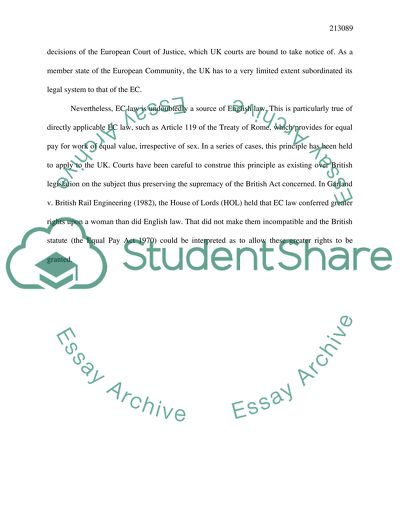Cite this document
(British Parliament in Legislative System Assignment Example | Topics and Well Written Essays - 1250 words, n.d.)
British Parliament in Legislative System Assignment Example | Topics and Well Written Essays - 1250 words. https://studentshare.org/law/1545227-tma-02
British Parliament in Legislative System Assignment Example | Topics and Well Written Essays - 1250 words. https://studentshare.org/law/1545227-tma-02
(British Parliament in Legislative System Assignment Example | Topics and Well Written Essays - 1250 Words)
British Parliament in Legislative System Assignment Example | Topics and Well Written Essays - 1250 Words. https://studentshare.org/law/1545227-tma-02.
British Parliament in Legislative System Assignment Example | Topics and Well Written Essays - 1250 Words. https://studentshare.org/law/1545227-tma-02.
“British Parliament in Legislative System Assignment Example | Topics and Well Written Essays - 1250 Words”. https://studentshare.org/law/1545227-tma-02.


